Popular Music Final Exam
1/45
Earn XP
Description and Tags
Music Vocabulary and Technology
Name | Mastery | Learn | Test | Matching | Spaced | Call with Kai |
|---|
No analytics yet
Send a link to your students to track their progress
46 Terms
Strophic form
Verses are all set to the same music (same music, different words)
Verse-refrain song form
Usually verse-refrain-refrain
Tin Pan Alley songs
Refrain is the main part of the song (usually AABA where B is the bridge)
Ballad
Songs that tell a story in a narrative fashion
Chorus (jazz)
Statements of the melody and/or harmonic pattern
A complete go-through
Montuno
A repetitive rhythmic piano style
Commonly used in Afro-Cuban and salsa
High energy
Call-and-response
One musical phrase (call) is followed by another (response)
“Musical dialogue”
Riff
A simple, repeating melodic idea or pattern that generates rhythmic movement
Soli scoring
Instruments play melody together, sometimes in harmony
Blue notes
Notes that are lowered in pitch/frequency or bent for emotional effect
Scat singing
Improvising using nonsense syllables
Crooning
A soft, gentle, and emotional singing style
More intimate than shouting
Yodeling
A vocal technique where singers rapidly switch between low and high-pitched notes
Abrupt vocal changes
Duple meter
Two beats per measure
Triple meter
Waltz/three beats per measure
“One two three, one two three”
Syncopation
Emphasizing the space between the strong beats
Accents are placed on beats that are typically weak, creating a sense of off-beat or unexpected rhythm
Polyrhythm
Two or more different rhythms/meters are played simultaneously
Consonance
Relatively stable harmonies and free of tension (“pretty” harmonies)
Dissonance
Sounds perceived as harsh, clashing, or unpleasant when played together
Polyphonic
Many melodies all at once (collective improvisation)
Tone color/timbre
Quality of sound, differentiation between instruments
Rubato
Slowing down or speeding up the rhythm to enhance the emotional impact and musicality of a piece, without changing the overall duration of the performance
Overdubbing
The process of recording new audio over existing pre-recorded tracks
Led to multi-track recording
Backbeat
Emphasizes the “off-beats” (the beats that fall between the main downbeats)
Stop-time technique
Where the rhythm section (usually drums, bass, and sometimes piano) temporarily stops playing, creating a space for a soloist to improvise
Power chord
A simple chord consisting of only the root note and the fifth of a scale, often used in rock and metal music
Digital looping
The repetition of a musical phrase or section, creating a continued musical texture
Phonograph/Edison wax cylinder
Cylinders made of wax (very fragile)
Sound waves are physically imprinted by performing into recorder
Machine turns imprinted sound waves back into sound
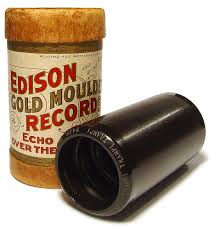
Piano roll
For player pianos
Holes punched in paper tells piano which notes to play
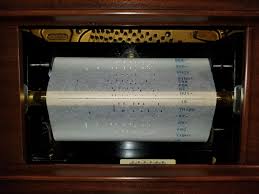
Gramophone
Invented in 1887 by Emile Berliner
Etched discs, covered with shellac
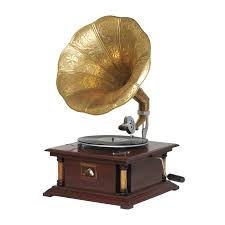
78 rpm records
Holds one song per side
Usually made of shellac (very heavy and brittle)
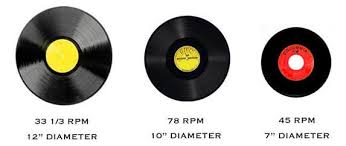
45 rpm records
A vinyl record that spins at 45 revolutions per minute on a record player
“7-inch single”
1950s-60s
Holds one song per side (3-4 minutes)
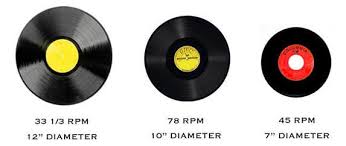
33-1/3 rpm records
Usually made of vinyl
Holds around 20 minutes of music per side (40-45 minutes total)
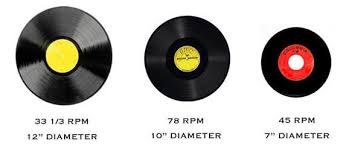
Electric microphone
Before 1920s, all recording was acoustic
1925: electric recording process developed (more sensitive to sound)
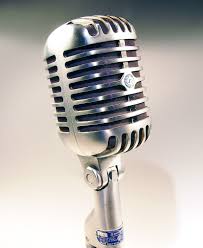
Commercial radio
The music played by radio stations to attract certain audiences
Top 40 radio
FM v AM
FM: Superior sound quality, greater bandwidth, reduced interference
AM: Broadcast over longer distances, requires less complex circuitry
Jukeboxes
A coin-operated machine for playing singles (one song)
Television
Developed for consumers in 1939
Live and recorded music
Mid-1950s: used to launch new music
Magnetic tape
Uses a recording head to magnetize the tape in a pattern that corresponds to the audio signal, which can then be played back by another head
Developed in 1930 and widespread after WWII
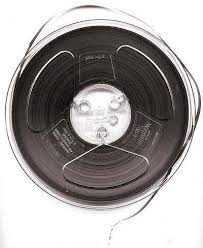
Audio cassette tapes
A small, plastic container that holds a strip of magnetic tape, which can be played on a cassette deck or player (rewritable)
1979 Sony Walkman, late 1970s: boomboxes
1984: sales surpassed vinyl
Digital audio workstations (DAWs)
Software the allows users to record, sample, and mix on their computers or smartphone
MP3
Audio encoding format (1/12th of the original size)
Streaming
2005: Pandora
2008: Spotify
2015: Tidal
Music videos
Promoted songs and artists
Primary way of introducing songs
Worked together with radio and records
Compact discs (CDs)
Digital
1982: introduced for sale
1990: recordable CDs introduced
2000s heyday
Auto-tune
Software that digitally alters the pitch/frequency and timbre of a voice
Now used for timbre effects
Often built into DAWs
iPod
Purchase and download MP3s and carry them with you
YouTube
Launched in 2005
Launching stars, widely spreading music
2018: 51% of music consumption